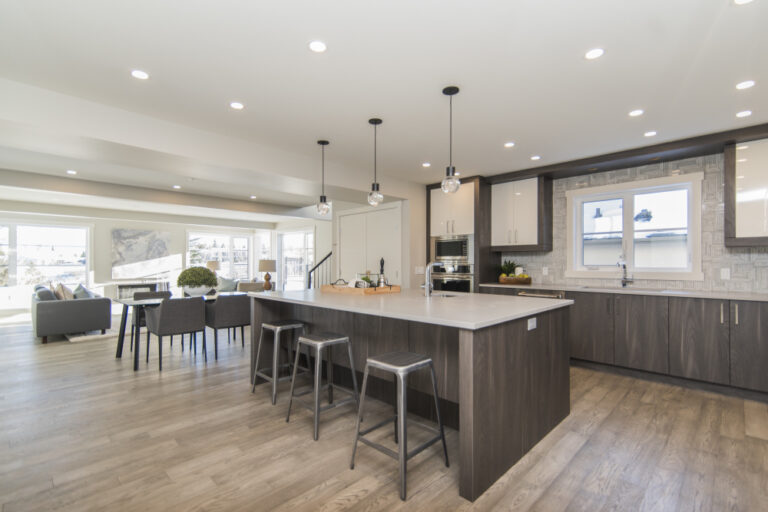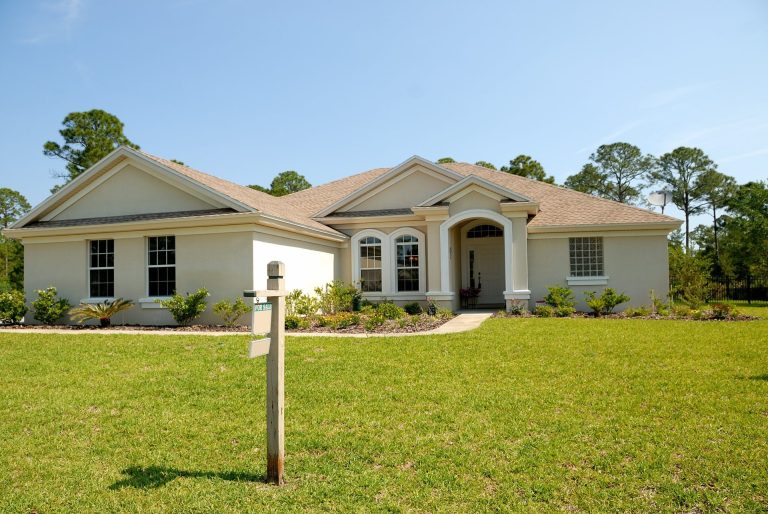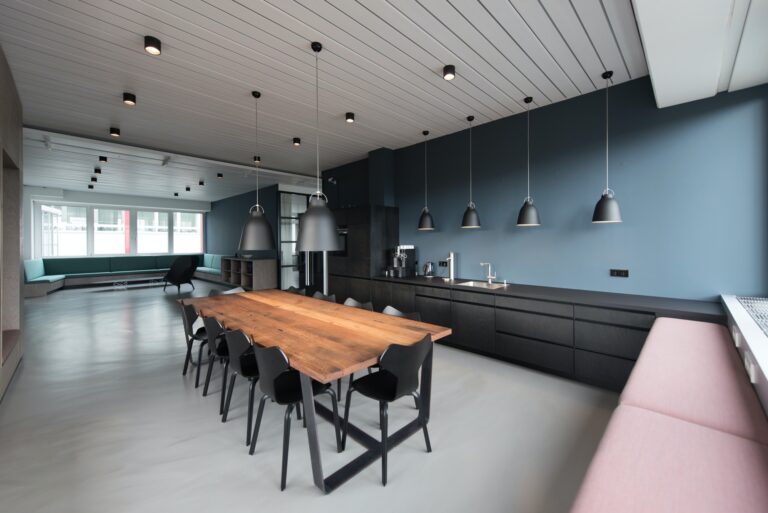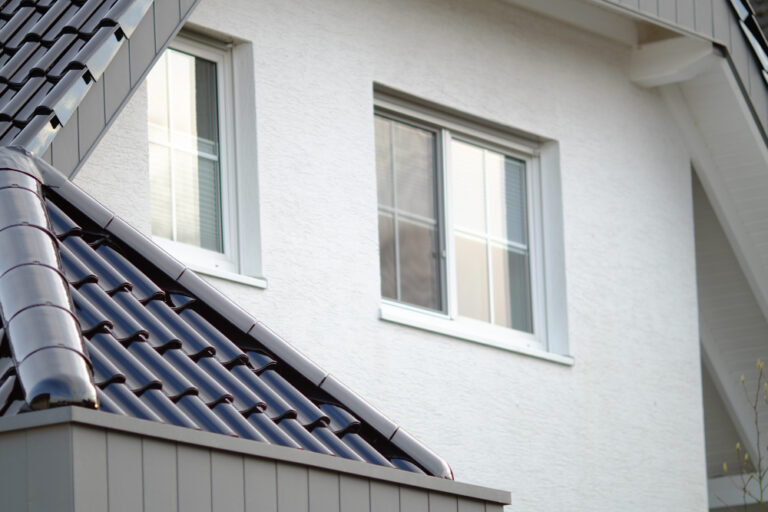Is your garden uneven and sloping, making it difficult to fully enjoy and utilize the outdoor space? Leveling a sloping garden can significantly improve its functionality and aesthetic appeal. However, before embarking on such a project, it’s essential to understand the cost implications and factors involved. In this article, we will explore the various aspects that contribute to the cost of leveling a sloping garden in the UK, providing you with valuable insights and guidance for your landscaping endeavor.

Table of Contents
Introduction
Having a sloping garden can pose challenges when it comes to practicality and aesthetics. Uneven ground may limit your ability to use the space effectively and can even lead to drainage problems. Leveling the garden not only creates a more usable area but also provides an opportunity to enhance its visual appeal.
Assessing the Slope
Before determining the cost, it is crucial to assess the slope of your garden. Steep slopes may require more extensive excavation and engineering, which can increase the overall expense. A professional landscaper or surveyor can evaluate the slope and provide recommendations based on the complexity of the task.
Design Considerations
Creating a leveled garden involves thoughtful design considerations. You’ll need to decide on the layout, terraces, steps, and any additional features you wish to incorporate. The design choices can impact both the cost and the final appearance of the garden.
Excavation and Earthmoving
The process of leveling a sloping garden typically involves excavation and earthmoving. Removing excess soil and redistributing it to create a level surface can be labor-intensive and time-consuming. The cost will depend on the amount of earthwork required and the accessibility of your garden.
Drainage Systems
Proper drainage is essential to prevent water accumulation and ensure the longevity of your leveled garden. Installing drainage systems, such as French drains or soakaways, may be necessary to redirect water away from the area. The cost will depend on the complexity of the drainage requirements and the materials used.
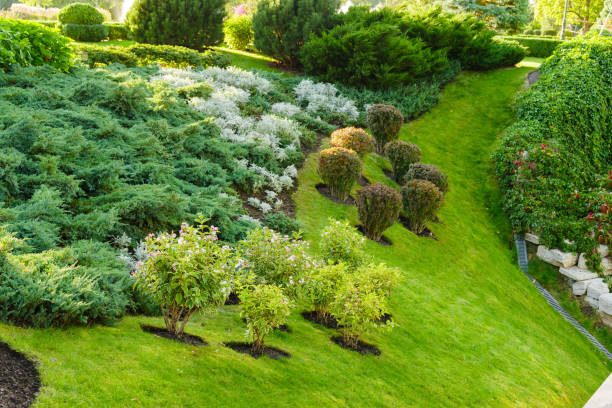
Retaining Walls
Retaining walls are often used to hold back soil and create distinct levels in a sloping garden. They provide structural stability and add visual interest. The cost of retaining walls depends on the materials chosen, such as timber, concrete blocks, or natural stone, as well as the height and length of the walls.
Soil Quality and Amendments
Assessing the quality of the existing soil and making necessary amendments is vital for the success of your leveled garden. Depending on the soil composition and requirements, you may need to add topsoil, organic matter, or nutrients. The cost will vary based on the quantity and quality of the materials needed.
Ground Preparation
Preparing the ground for leveling involves removing any vegetation, rocks, or debris that may hinder the process. It may also require compacting the soil to create a stable base for the leveled surface. The cost will depend on the size of your garden and the extent of preparation required.
Adding Terraces or Steps
To enhance the functionality and aesthetics of a leveled garden, you might consider adding terraces or steps. These features can create separate areas for different activities and improve accessibility. The cost will depend on the size, materials, and complexity of the terraces or steps.
Planting and Landscaping
Once the garden is leveled, you can proceed with planting and landscaping. Choosing appropriate plants, shrubs, or trees and incorporating hardscape elements like paths or seating areas can transform the space. The cost will vary depending on the size of the garden and the specific plants and materials selected.
Outdoor Features and Structures
If you envision additional features or structures in your leveled garden, such as a patio, pergola, or water feature, it’s essential to consider their cost. These elements can add functionality and create focal points, but they also come with their own expenses based on the materials, size, and complexity of installation.
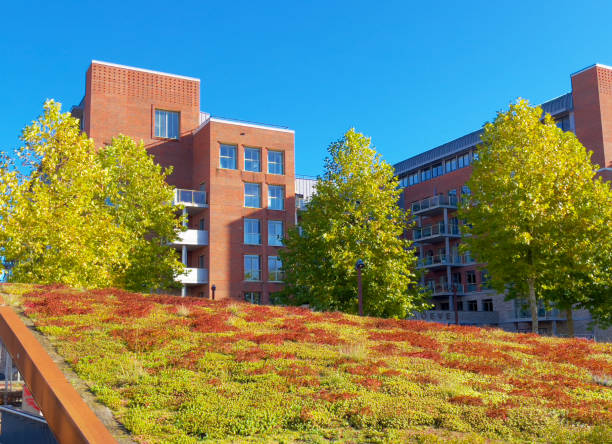
Hiring Professionals vs. DIY
Leveling a sloping garden can be a complex and demanding task, requiring expertise in landscaping and engineering. While some homeowners may choose to take on the project themselves, hiring professionals ensures proper planning, execution, and a high-quality result. The cost of hiring professionals will depend on the size and complexity of the project.
Obtaining Permits and Permissions
In certain cases, leveling a sloping garden may require obtaining permits or permissions from local authorities. It is essential to check with your local council or municipality to ensure compliance with regulations. The cost may include application fees and any necessary inspections.
Cost Breakdown
The cost to level a sloping garden in the UK can vary significantly depending on the factors mentioned above. While it is challenging to provide an exact figure without assessing the specific requirements of your garden, a rough estimate can range from £2,000 to £20,000 or more for larger, more complex projects.
Conclusion
Leveling a sloping garden in the UK offers numerous benefits, from creating a more functional space to enhancing the overall beauty of your outdoor area. However, it is essential to consider various factors such as design, excavation, drainage, retaining walls, soil quality, and landscaping when calculating the cost. Hiring professionals and obtaining necessary permits are also crucial for a successful project.
FAQs
Q: Can I level my garden myself?
A: While it is possible to level a garden yourself, it can be a labor-intensive and complex task. Hiring professionals ensures expertise and a high-quality result.
Q: How long does it take to level a sloping garden?
A: The time required to level a sloping garden depends on its size and complexity. It can range from a few days to several weeks.
Q: Do I need planning permission to level my garden?
A: In some cases, leveling a garden may require planning permission or approval from local authorities. It is essential to check the regulations in your area.
Q: Will leveling my garden affect the drainage?
A: Proper drainage systems should be installed during the leveling process to ensure effective water management and prevent drainage issues.
Q: Can I add features like a patio or water feature after leveling the garden?
A: Yes, leveling your garden provides a solid foundation for adding features like a patio or water feature, enhancing the overall functionality and aesthetics.




